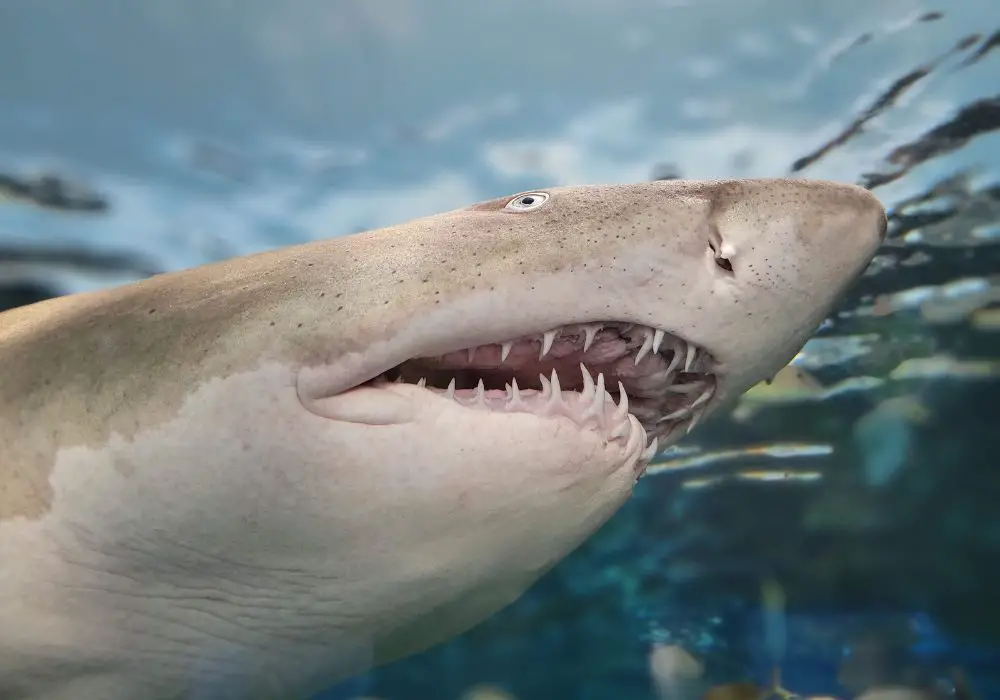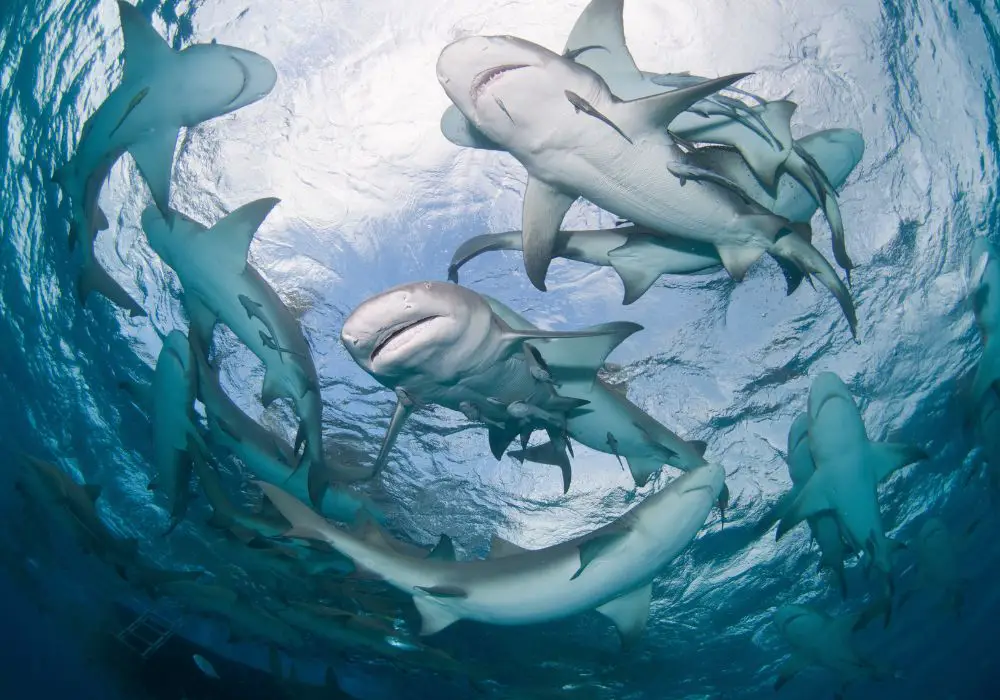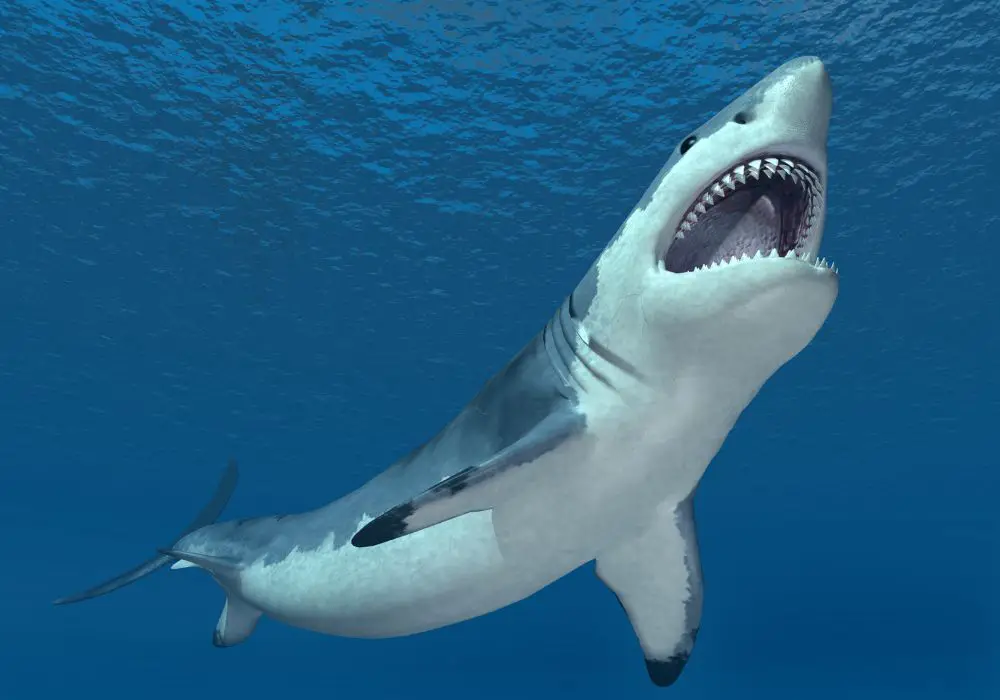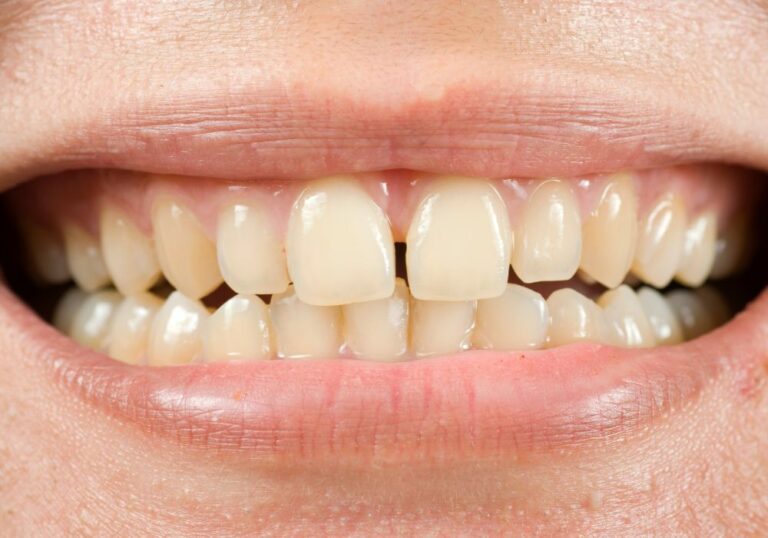Sharks are one of the most fascinating creatures in the ocean and have been the subject of many myths and legends. One such myth is that sharks can have up to 50,000 teeth in their lifetime. But is this really true? In this article, we will explore the truth behind this myth and provide you with a better understanding of shark teeth.
To understand shark teeth, we must first understand the life of a shark. Sharks are carnivorous predators that need to constantly hunt for food. Their teeth play a crucial role in catching and consuming their prey. Unlike humans, who only have two sets of teeth, sharks have multiple rows of teeth that are constantly replaced throughout their lifetime. But do they really have 50,000 teeth?
Understanding shark teeth is important not only because of the myths surrounding them, but also because of their impact on the marine ecosystem. Sharks play a vital role in the ocean food chain, and their teeth are a key part of their survival. By learning more about shark teeth, we can gain a better appreciation for these amazing creatures and the important role they play in our oceans.
Key Takeaways
- Sharks have multiple rows of teeth that are constantly replaced throughout their lifetime.
- While some sharks can have up to 300 teeth at any given time, the myth that they can have up to 50,000 teeth is not entirely true.
- Understanding shark teeth is important for gaining a better appreciation of these creatures and their impact on the marine ecosystem.
The Life of a Shark
Birth and Growth
Sharks are born from eggs that are laid by female sharks. The eggs hatch inside the mother’s body and the baby sharks are born fully developed. Once the baby sharks are born, they are left to fend for themselves. They have to swim and hunt for food on their own from the very beginning.
Sharks grow very quickly in their first few years of life. Their growth rate depends on the species of shark and the availability of food. Some species can grow up to a foot per year, while others grow at a slower rate.
Hunting Habits
Sharks are apex predators, which means that they are at the top of the food chain in their ecosystem. They have a variety of hunting techniques depending on the species of shark and the type of prey they are after.
Some sharks are ambush predators, meaning they wait for their prey to come to them. Others are active hunters, chasing their prey down. Some sharks, like the great white shark, have a unique hunting technique called breaching, where they launch themselves out of the water to catch their prey by surprise.
Sharks have a very important role in the ocean ecosystem. They help to keep populations of other marine animals in check and maintain a healthy balance in the food chain.
Overall, the life of a shark is fascinating and full of unique adaptations that allow them to survive and thrive in their environment.
Understanding Shark Teeth

Structure and Function
Sharks have unique teeth that are designed to help them catch and eat prey. Unlike humans who have two sets of teeth, sharks have an unlimited supply of teeth that are continuously growing throughout their lifetime. In fact, some sharks can grow up to 50,000 teeth!
Shark teeth come in a variety of shapes and sizes, depending on the species of shark and their diet. For example, the teeth of a great white shark are triangular and serrated, which allows them to tear through the tough skin of their prey. On the other hand, the teeth of a hammerhead shark are flat and wide, which helps them crush the shells of their favorite prey, such as crabs.
Regeneration Process
Shark teeth are not only unique in their structure and function, but also in their regeneration process. When a shark loses a tooth, a new one quickly replaces it. Sharks have multiple rows of teeth in their jaws, with new teeth constantly growing and pushing older teeth forward.
The regeneration process of shark teeth is fascinating. When a tooth is lost, the surrounding tissue in the shark’s jaw begins to form a new tooth. This process is similar to how our own bones heal after a break. The new tooth then moves forward to replace the old one, which falls out or is swallowed by the shark.
In conclusion, shark teeth are a remarkable adaptation that allows these creatures to thrive in their environment. Their unique structure, function, and regeneration process make them a fascinating subject of study for scientists and enthusiasts alike.
The 50000 Teeth Myth
Origin of the Myth
There is a common myth that sharks can have up to 50,000 teeth in their lifetime. This myth has been circulating for years and has been perpetuated by various media outlets and popular culture. However, the truth is that the number of teeth a shark can have varies widely depending on the species, and 50,000 teeth is an exaggerated number.
Scientific Examination
Sharks are known for their impressive teeth, which are constantly growing and being replaced throughout their lifetime. The number of teeth a shark has at any given time depends on the species and their age. For example, a great white shark can have up to 50 teeth in their mouth at once, while a whale shark can have up to 300 rows of teeth.
While it is true that sharks can produce thousands of teeth throughout their lifetime, the idea that they can have up to 50,000 teeth is not accurate. This number is likely an exaggeration that has been perpetuated over time.
In conclusion, while sharks do have impressive teeth that are constantly being replaced, the myth that they can have up to 50,000 teeth is not accurate. The number of teeth a shark has depends on the species and their age, and while some species can have thousands of teeth throughout their lifetime, the idea of 50,000 teeth is an exaggeration.
Comparing Sharks and Other Fish

Teeth Comparison
Sharks are known for their sharp and numerous teeth, but how do they compare to other fish? While most fish have teeth, sharks have a unique tooth structure that allows them to replace lost or damaged teeth quickly. Some species of sharks can have up to 50,000 teeth over their lifetime, with multiple rows of teeth waiting to replace the old ones.
In comparison, other fish may have fewer teeth or teeth that are less specialized. For example, bony fish have teeth that are fused to their jawbone, making them more difficult to replace. Additionally, some fish may have teeth that are designed for grinding or crushing rather than tearing and cutting like shark teeth.
Lifespan Comparison
Sharks are known for their longevity, with some species living up to 100 years or more. This is in contrast to many other fish species, which may only live for a few years. The lifespan of a fish can be influenced by a variety of factors, including their environment, diet, and reproductive habits.
Sharks also have a slower growth rate than many other fish, taking several years to reach maturity. This may be due to their larger size and more complex life cycle, which involves both internal and external fertilization.
In conclusion, while sharks may have more specialized teeth and longer lifespans than many other fish species, they are still an important part of the ocean ecosystem. Understanding the unique characteristics of sharks and other fish can help us better appreciate and protect these amazing creatures.
Impact on Marine Ecosystem
Role in the Food Chain
Sharks play a crucial role in the marine ecosystem as apex predators. They help to maintain the balance of the food chain by controlling the population of other marine animals. When the shark population declines, it can lead to an increase in the population of their prey, which can then lead to a decrease in the population of the prey’s prey. This chain reaction can have a significant impact on the entire ecosystem.
Impact of Tooth Loss
Sharks can have up to 50,000 teeth in their lifetime, and they continually shed and replace their teeth. However, the loss of too many teeth can have a ripple effect on the ecosystem. For example, when sharks lose their teeth, they may not be able to catch their prey as effectively, which can lead to a decrease in their population. This, in turn, can lead to an increase in the population of their prey, which can then lead to a decrease in the population of the prey’s prey.
Moreover, shark teeth are also important for maintaining the health of the ecosystem. Their teeth help to control the population of other marine animals by keeping them in check. When sharks lose too many teeth, it can lead to an imbalance in the ecosystem, which can have long-term consequences.
In conclusion, sharks play a critical role in the marine ecosystem, and their teeth are an essential part of their survival. The loss of too many teeth can have a significant impact on the entire ecosystem, and it is essential to ensure that their population is maintained to preserve the health of the marine ecosystem.

Frequently Asked Questions
How many teeth Does a bull shark have?
Bull sharks have around 50-75 teeth in their mouth at any given time.
Why do sharks have so many teeth?
Sharks have multiple rows of teeth because they lose teeth frequently due to their hunting and feeding behavior. Having multiple rows of teeth allows them to quickly replace lost teeth.
How many rows of teeth does a Megalodon have?
Megalodon had several rows of teeth, with each row containing around 276 teeth. In total, a Megalodon could have had over 20,000 teeth in its lifetime.
How often do sharks lose their teeth?
Sharks lose teeth constantly throughout their lifetime. Some species, like the great white shark, can lose up to 50,000 teeth in their lifetime.
What happens when a shark loses a tooth?
When a shark loses a tooth, a new one will replace it. The replacement tooth will move forward to take the place of the lost tooth.
What is the most teeth a shark can have?
The number of teeth a shark can have varies by species. Some species, like the tiger shark, can have up to 100 teeth in their mouth at any given time. However, some sharks, like the whale shark, have very small teeth and can have as few as 300 teeth in their mouth.






